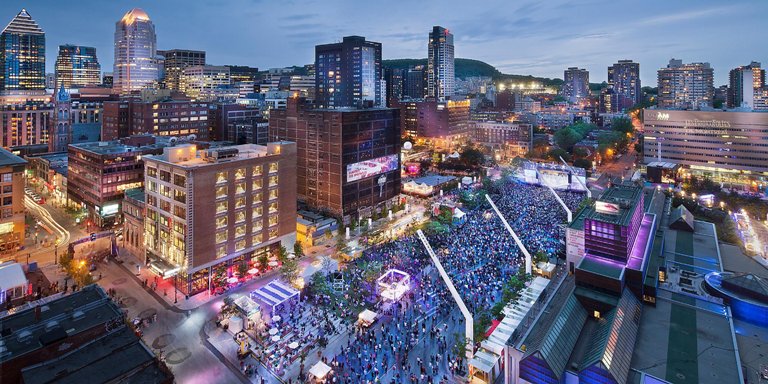The real estate market, like most markets, works on supply and demand.
If there is more demand than supply, prices go up; if there is more supply than demand, prices go down.
There is no legislation that can change the laws of economics, the law of supply and demand.
There is no global conspiracy of real estate owners who get together to fix the prices of real estate. Every real estate owner is simply responding to the signals of the market.
In most places where the rents continue to rise, it’s because the vacancy rate is so low, say about 1%. In this scenario, renters are competing against each other for the scarce amount of available property, they compete against themselves by offering more money than the competition.
The solution is to increase the supply
There are two solutions:
- To decrease the demand, or
- To increase the supply.
To decrease the demand, city officials have to put a moratorium on people moving into their city. This is impossible to do, and most likely illegal.
To increase suply, the city has to simply allow builders to build more
The most efficient way to create housing is to build tall buildings. A tall building can create housing for hundreds of people, while a single-family house can only house one family.
Yet, many times, when a developer wants to build a new building, they are treated as greedy capitalist pigs, and they encounter all kinds of resistance. I don’t get it! They are providing a service that the city desperately needs, yet they are vilified.
The city has to change the zoning laws
The greatest obstacle to creating more housing is the city zoning laws.
In my city, Montreal, it’s illegal to build properties taller than three floors up (except the downtown area).
Expanding horizontally instead of vertically it’s extremely wasteful and destructive for the environment. No to mention, that’s more expensive for the city and for the citizens.
Rent controls don’t work
Rent control doesn’t solve the issue that there is not enough housing for everyone.
If builders can not charge regular market rates, they are not going to build more properties. If builders don’t build more properties, the problem becomes worse.
Proposed solutions
- Make it easy for builders to build more
- Change the zoning laws so that more builders can build vertically
A denser city has:
- higher productivity
- more innovation
- shorter commutes
- better access to private services (such as restaurants)
- better access to public services (such as libraries and parks)
- cheaper provision of public services
- the preservation of green space
- lower carbon footprint
- facilitates more affordable housing choices
- curbs the negative impacts of sprawl
- mitigates climate change
- decreases energy costs
- increases energy independence
- makes walking, biking and transit more inviting
- improves public health, diversity, creativity, safety and vibrancy
- the city can collect more taxes per sq foot/meter
We should encourage politicians who are willing to allow vertical building and vote out those politicians who oppose it.
Support this blog by:
- Subscribing to our YouTube Channel.
- Subscribing to our podcast through your favorite podcast app.
